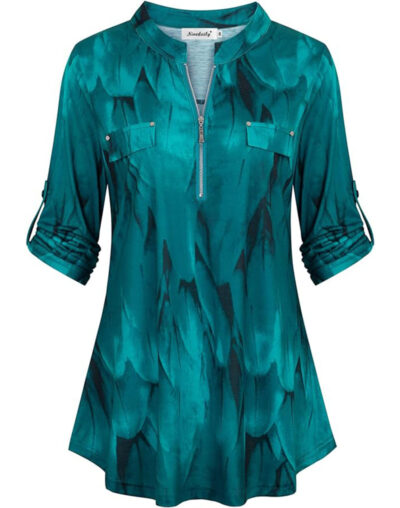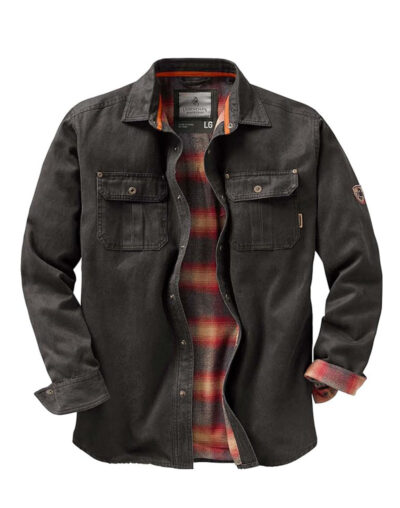The world of sustainable fashion is significant in today’s environmentally conscious landscape. Sustainable fashion involves producing clothing in an eco-friendly manner. It also entails taking into account the impact on the environment and promoting ethical practices within the fashion industry.
Through sustainable fashion practices, brands can reduce their carbon footprint and minimize waste generation. They can also help combat the harmful effects of fast fashion. By focusing on ethical sourcing and fair labor practices, sustainable fashion ensures that workers across the supply chain are treated fairly.
This shift towards green fashion mirrors a growing awareness among consumers who strive to align their purchases with their values. Ultimately, this pushes the fashion industry towards more sustainable and eco-conscious decisions.
How Does Sustainable Fashion Impact The Environment?
The environmental impact of sustainable fashion is significant. It involves using eco-friendly materials and production methods. This helps to decrease the fashion sector’s carbon footprint.
Incorporating sustainable materials like organic cotton, hemp, and recycled polyester helps limit natural resource depletion. It also lessens the negative impacts of chemical use in traditional textile manufacturing.
These environmentally-friendly design principles reduce greenhouse gas emissions and encourage responsible consumption and production habits. Sustainable fashion practices are essential for advancing sustainable development. They do this by:
- Endorsing fair labor practices
- Supporting local communities
- Cultivating an ethical supply chain
How Does Sustainable Fashion Impact Society?
Sustainable fashion benefits the environment and society by promoting ethical practices, fair trade, and conscious consumerism. Prioritizing ethical sourcing is key for fashion brands. It enables them to uphold values that align with consumers’ increasing demand for transparency and accountability in production.
Through fair trade practices, these brands form partnerships with artisans and communities globally to ensure fair wages and safe working conditions for workers.
This focus on ethical production cultivates a sense of responsibility toward the planet and encourages a transition to a more ethical and sustainable lifestyle.
Wrap Up
Sustainable fashion is crucial because it directly addresses the pressing environmental and ethical challenges facing today’s world. By minimizing waste and reducing carbon emissions, it helps combat the harmful effects of fast fashion on our planet. It promotes ethical labor practices, ensuring workers are treated fairly across the global supply chain.
Sustainable fashion encourages conscious consumerism, making it possible for individuals to align their values with their purchasing choices. Ultimately, supporting sustainable fashion is a vital step toward creating a more eco-friendly and socially responsible future.
Curious about how you can make a difference with your wardrobe? Visit You’re In Style to explore more on sustainable fashion!












